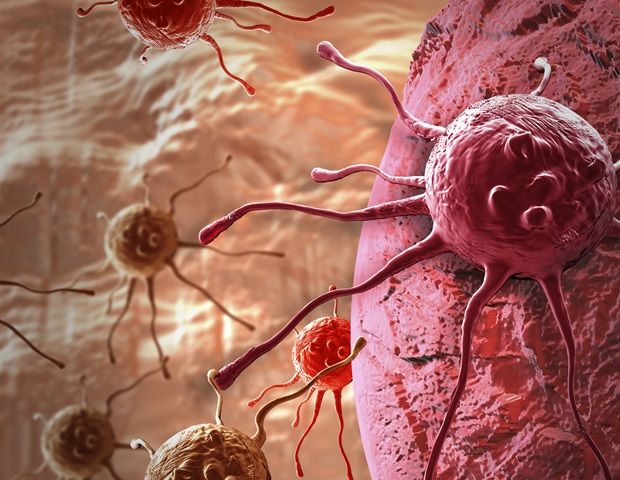Awesome!
University of Oklahoma researchers will apply a new analytical technology that could ultimately provide a powerful tool for improved treatment of cancer patients in Oklahoma and beyond. Using mass spectrometry, an analytical instrument for sensitive detection and accurate identification of molecules, the team will quantitate the amount of anti-cancer drugs present in individual cancer cells, including those in bladder cancer cells isolated from patients undergoing chemotherapy. The method will provide a means to establish ideal dosing regimens that delivers effective chemotherapeutic concentrations to patients with minimal toxicities.
Anthony Burgett and Zhibo Yang, assistant professors in the Department of Chemistry and Biochemistry in the OU College of Arts and Sciences, and affiliates of the Stephenson Cancer Center, in collaboration with Jonathan E. Heinlen, M.D., assistant professor in the Department of Urology at the OU Health Sciences Center and a Stephenson Cancer Center researcher, will fully develop the novel first-in-class mass spectrometric technology—the Single Probe—capable of performing single-cell mass spectrometry of compounds inside of living single cancer cells as a bioanalytical method to improve efficacy and toxicities of chemotherapy in patients.
“One clear lesson from scientific progress is that new technologies often lead to major advances. This new single cancer cell mass spectrometry analysis could propel us forward to a new frontier in biological analysis, and we are excited to see where this technology, with its possible scientific and biomedical applications, could lead,” said Burgett.
